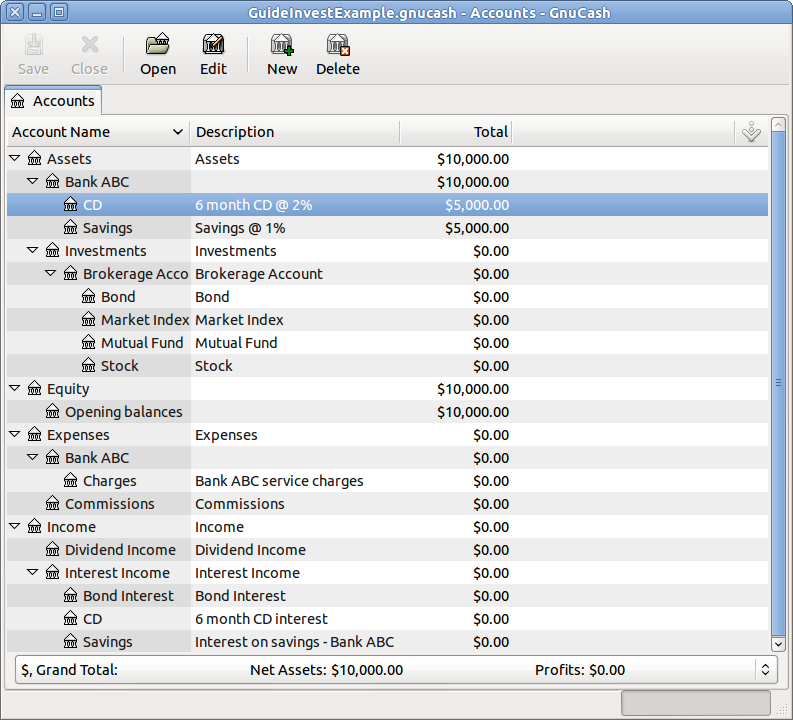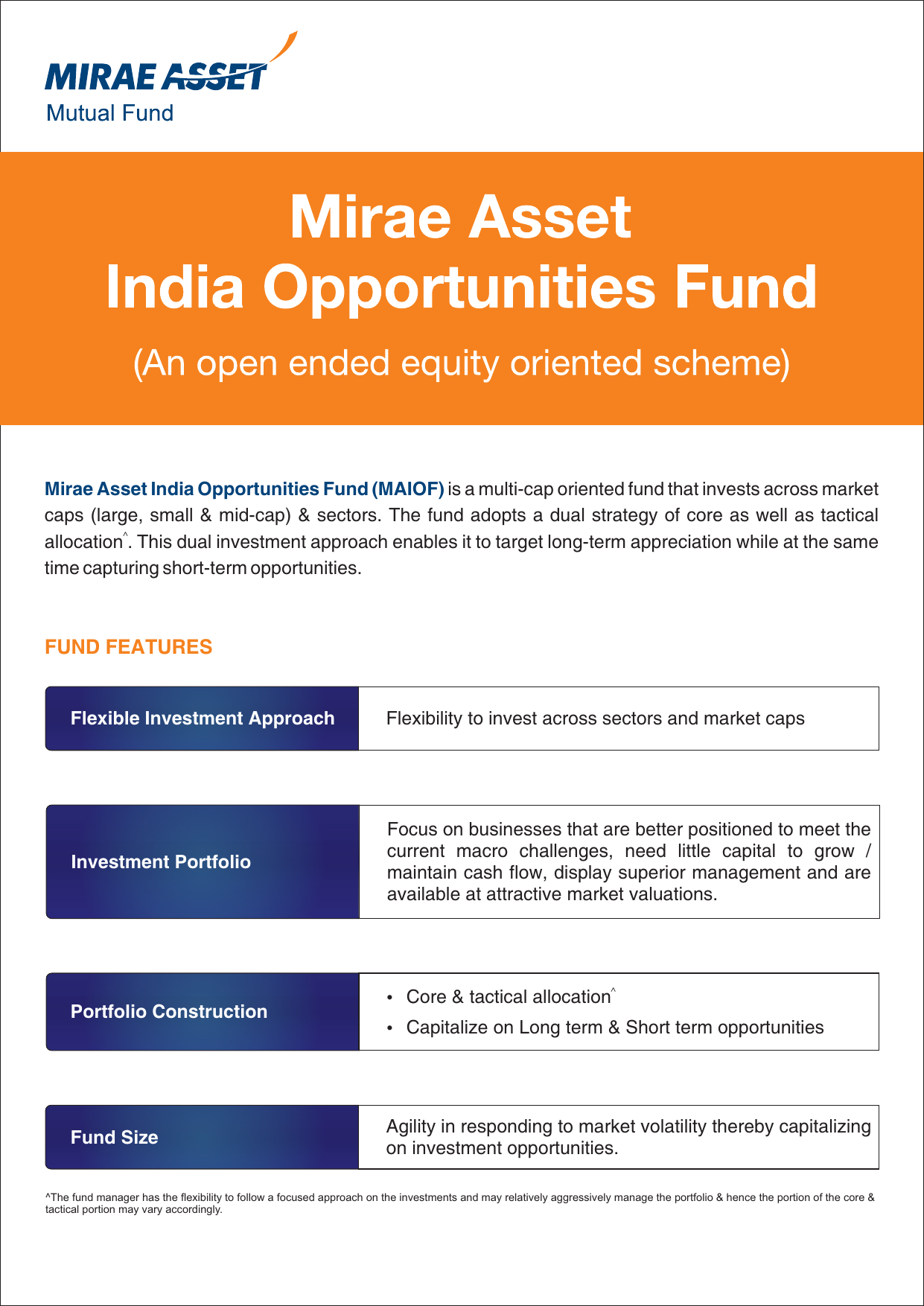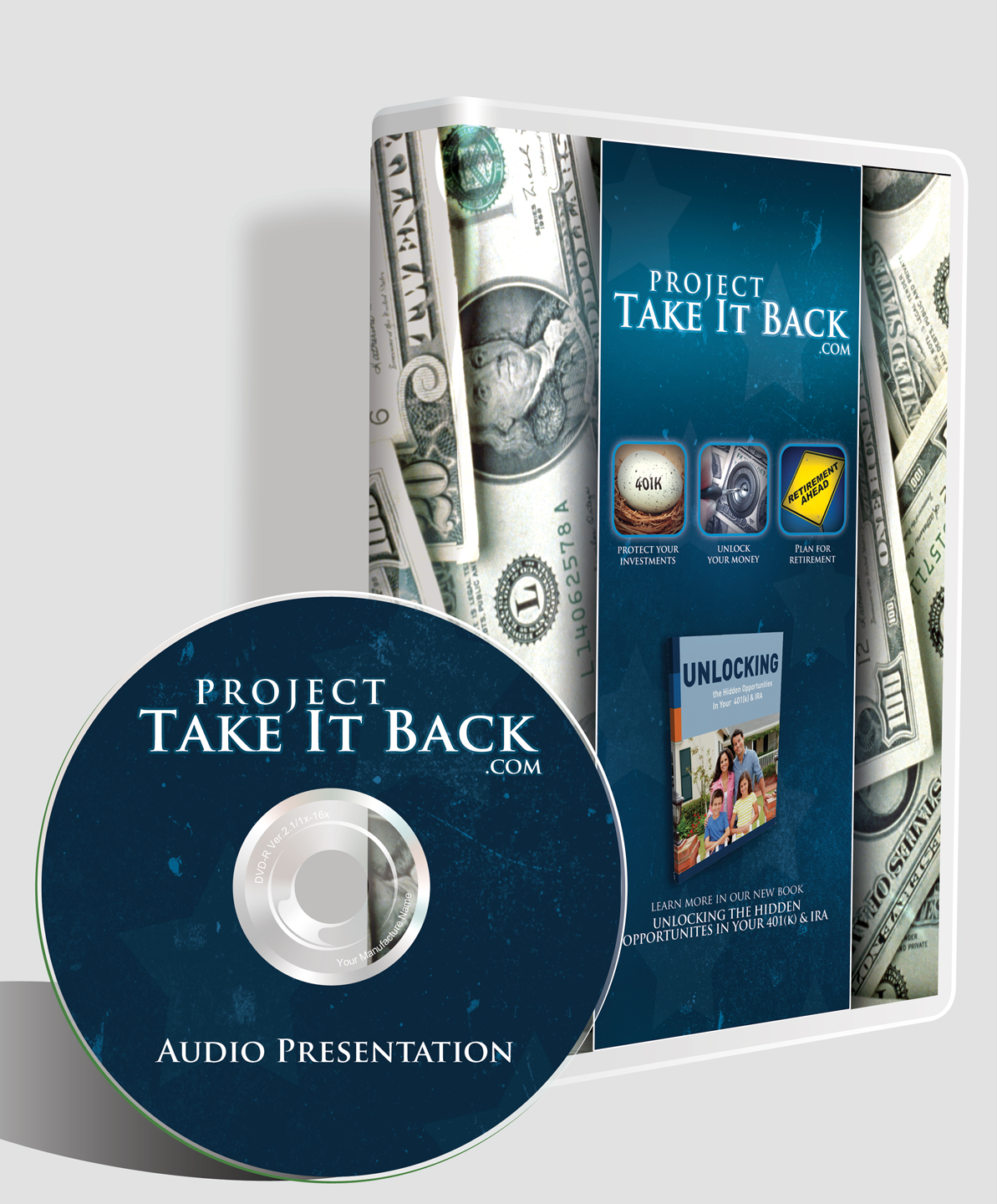
- Barclays Online CDs are available in a range of terms and interest rates that fit your savings goals. To see what your earning potential is for different variations, just plug in a deposit amount and term into the CD calculator.
- A CD is an interest-bearing certificate commonly offered by banks, savings and loans, and credit unions to raise money for their business activities. You deposit money with the issuer for a set time, and the issuer promises to repay you at a specified interest rate. You may want to consider investing in CDs.
What are certificates of deposit?

A certificate of deposit (CD) is a savings account that holds a fixed amount of money for a fixed period of time, such as six months, one year, or five years, and in exchange, the issuing bank pays interest. When you cash in or redeem your CD, you receive the money you originally invested plus any interest. Certificates of deposit are considered to be one of the safest savings options. A CD bought through a federally insured bank is insured up to $250,000. The $250,000 insurance covers all accounts in your name at the same bank, not each CD or account you have at the bank.
CDs are safe investments that typically pay a fixed interest rate. In other words, you know how much you’re earning upfront.

As with all investments, there are benefits and risks associated with CDs. The disclosure statement should outline the interest rate on the CD and say if the rate is fixed or variable. It also should state when the bank pays interest on the CD, for example, monthly or semi-annually, and whether the interest payment will be made by check or by an electronic transfer of funds. The maturity date should be clearly stated, as should any penalties for the “early withdrawal” of the money in the CD. The risk with CDs is the risk that inflation will grow faster than your money, and lower your real returns over time.
Broker certificates of deposit
Although most CDs are purchased directly from banks, many brokerage firms and independent salespeople also offer CDs. These individuals and entities, known as “deposit brokers,” can sometimes negotiate a higher rate of interest for a CD by promising to bring a certain amount of deposits to the institution. The deposit broker can then offer these “brokered CDs” to their customers.
Cd Investment Examples
Thoroughly check out the background of the issuer or deposit broker to ensure that the CD is from a reputable institution. Deposit brokers are not licensed or certified, and no state or federal agency approves them. Since anyone can claim to be a deposit broker, always check whether the deposit broker or the company he or she works for has a history of complaints or fraud. Many deposit brokers are affiliated with investment professionals. You can check out their disciplinary history using the SEC’s and FINRA’s online databases. Your state securities regulator may have additional information. To research the background of deposit brokers who are not affiliated with an investment firm, start by contacting your state’s consumer protection office.
Additional information
Certificates of Deposit
Equity-Linked CDs
High-Yield CDs - Protect Your Money By Checking the Fine Print
Certificates of deposit, or CDs, are powerful, interest-bearing investments that reward investors for leaving cash untouched for a fixed period of time. A CD calculator can help you to know how much you can expect to make on your investment and how much to invest to reach your financial goal.
How to calculate CD earnings
Using a CD calculator is simple. Input the basic information about the CD option you're looking at, and click the calculate button. The information you'll need is your initial deposit size, how long the CD is invested for and the APY rate offered.
You can compare different scenarios by changing out these numbers to see the effects it will have on your total ending balance, interest earnings, total earnings and how that matches up against the current national average.
- Initial deposit: The amount of money you initially invest in your CD
- Period (months and years): The time period that your CD is for. This is the period of time you're expected to leave your funds untouched to get maximum gains.
- APY: The annual percentage yield (APY) is the percentage rate of return you'll see over the course of one year. APY, as opposed to the interest rate, does take into account the effects of compound interest.
- Total balance: The amount you should have available for withdrawal at the end of your CD investment term.
- Interest earnings: The portion of your earnings that come from interest
- Your earnings: The total earnings you'll see at the end of your CD term, including interest and the effects of compounding
- National average: The amount you would earn with a CD that mirrored the current national average rate of return
Why use a CD calculator
As long as you're getting a CD through a trusted banking partner that is FDIC insured or NCUA insured, the major difference between options will be the rate of return. CD calculators allow you to quickly determine how much you're going to make with a particular CD option. If you're looking to meet a particular savings goal, a CD calculator lets you quickly change period lengths, deposit amounts and APY rates to find the right option.
How to pick the best CD provider
The first thing you should look for when selecting a CD provider is whether it is FDIC- or NCUA-insured or not. You will want to stick to investing in financial institutions that have government backing of the funds.

What Is A Cd
From there, you'll want to look at the APY rates to see where you might get the best return. Remember, APY rates will vary based on the term of the CD and also may vary based on the amount of money you have invested. Always take the time to compare the best CD rates to make sure that you're locking your money into the right account.
Lastly, make sure you look at the early withdrawal penalties. Not all institutions assess the same penalties. Ideally, you'll keep the money in the CD until maturity, but it's good to know what will happen if you find a sudden need for the money.
Cd Investment Meaning
What happens if you withdraw early
Unless you're taking advantage of a no-penalty CD like the ones offered through Ally Bank, you will incur an interest penalty if you withdraw your funds early. The idea of a CD is that the bank knows it can use your funds for different operations during the fixed period. When you withdraw early, the bank will assess a penalty because of this.
Cd Investment Calculator

Cd Investment Real Life Example
Different financial institutions will have different withdrawal penalties. For example, Alliant Credit Union will take back the interest earned up to 120 days for a CD that is open 18 to 23 months. Ally Bank will only take up to 60 days of interest for CDs 24 months or less. Keep in mind that the bank or credit union won't take any of your initial deposit as a penalty.